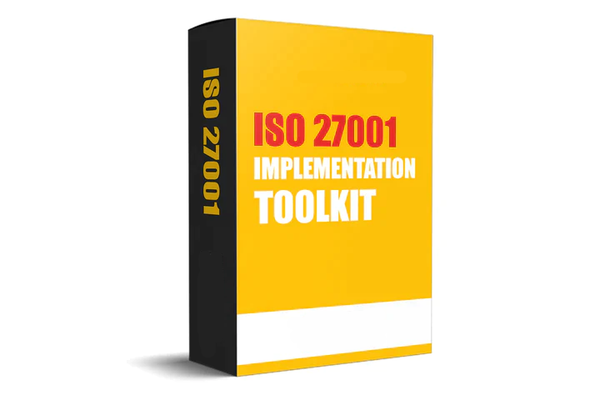Who Needs ISO 27001?
ISO 27001, also known as Information Security Management Systems (ISMS), is a standard that has been globally recognized. It is a structured and systematic approach to managing and protecting sensitive data within an organisation. ISO 27001 is not mandatory, but it can be useful and necessary to certain organizations depending on the size, industry and requirements.
ISO 27001: Who Needs It?
- Large enterprises: Large companies often handle large amounts of sensitive information including financial data, customer information, and intellectual property. ISO 27001 helps these organizations establish robust information security policies to protect this vital information. ISO 27001 compliance can demonstrate their commitment to protecting data and enhance their reputation. This is especially true when dealing with clients or partners who place a high priority on security.
- Government Agencies: The government agencies are responsible for a wide range of confidential data, from personal information about citizens to information on national security. ISO 27001 helps these organizations ensure confidentiality, integrity and availability of sensitive information. This standard also helps to comply with the various data protection standards and regulations that government agencies are required to adhere to.
- Financial Institutions: Banks and insurance companies store and process huge amounts of financial information. ISO 27001 allows them to establish secure systems and procedures that protect against cyberattacks, fraud, and data breaches. This standard is also useful for meeting financial regulatory requirements.
- Healthcare Organizations: The healthcare providers keep a large amount of medical records and data about patients. ISO 27001 helps to ensure the privacy and security for this data. This is crucial for compliance with regulations such as the Health Insurance Portability and Accountability Act in the United States and other similar laws in different countries.
- Technology Companies: Technology firms, such as software developers and IT services providers, are often in charge of handling sensitive information about clients and intellectual property. ISO 27001 helps them to build secure software and protect their client's data. It also shows their commitment to cybersecurity.
- Legal Firms : Legal firms handle confidential information about clients, case details and sensitive legal documents. ISO 27001 ensures the confidentiality and security of data, which helps maintain trust with clients.
- Retailers and Ecommerce Businesses: Retailers, and ecommerce businesses store and process personal data and payment information. ISO 27001 protects against data breaches and ensures customer trust, as well as compliance with data protection laws like the General Data Protection Regulation.
- Manufacturers: Many manufacturers rely heavily on digital systems and complex supply chains. ISO 27001 helps them to secure their production processes and protect their intellectual property. It also maintains the integrity of their product.
- Non-profit Organizations : Even non-profit organisations handle sensitive information about donors, financial data and operational details. ISO 27001 helps them to maintain trust with their donors and stakeholders and ensure the security of data.
Conclusion
ISO 27001 does not apply to any specific organization or industry. This standard is applicable to any organization that values its information assets and wants to adhere to data protection regulations. It also aims to establish trust with clients, stakeholders, and partners. ISO 27001 implementation is a proactive measure to mitigate information security risks, and demonstrate a commitment towards safeguarding sensitive data. It's a valuable investment.



